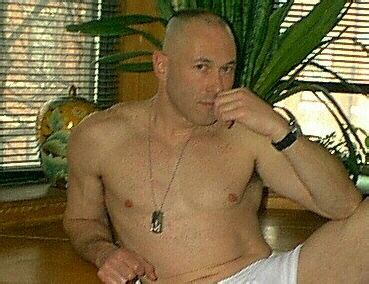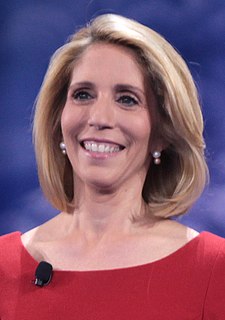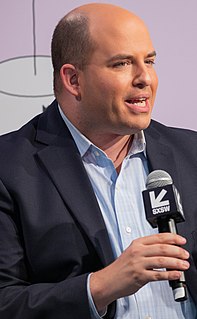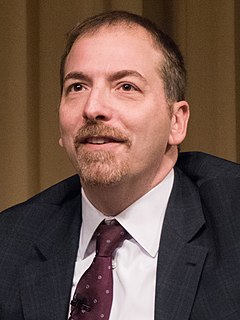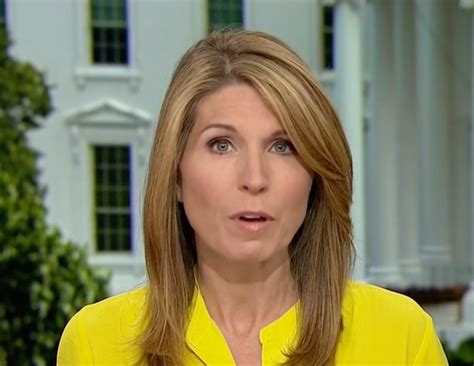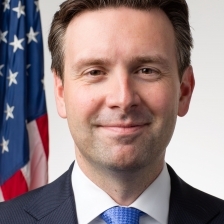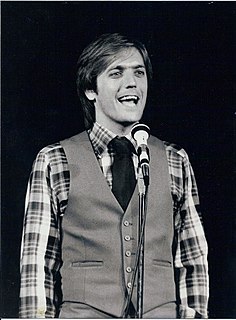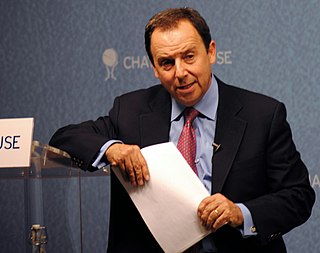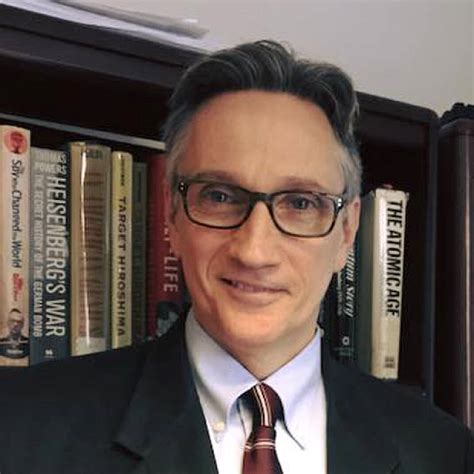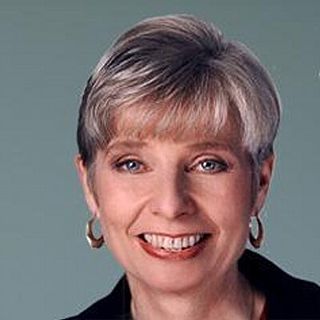A Quote by Jeff Gannon
All my stories were usually titled, 'White House Says,' 'President Bush Wants,' and I relied on transcripts from the briefings. I relied on press releases that were sent to the press for the purpose of accurately portraying what the White House believed or wanted.
Related Quotes
I covered the White House during the Bush years when Ari Fleischer, Scott McClellan and Dana Perino were at the podium. We thought those were, at times, crazy press briefings, asking questions about major events like the Iraq War and the leaking of Valerie Plame's name and the outing of her as a CIA operative.
You as the press secretary have to protect the president's interests and the White House's interests more broadly. And a lot of people inside the White House, as you learned, sometimes with painful experience, have competing agendas, have differing points of view, have priorities they're trying to protect.
